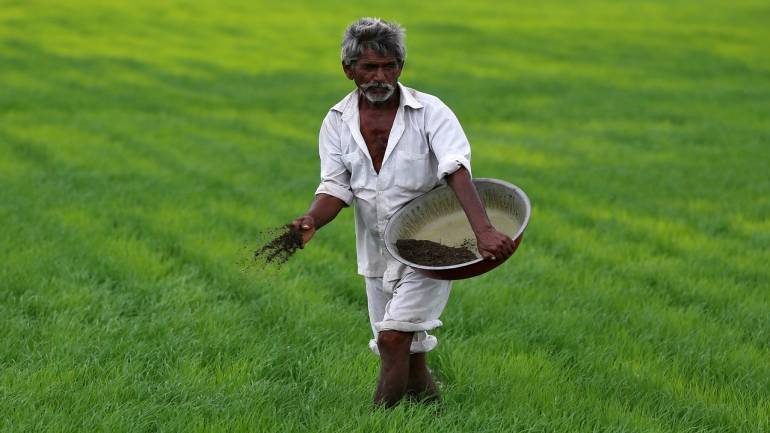
Farmers in Uttarakhand are reaping significant benefits from organic farming. For example, Gopal Dinta (36), a farmer from Utpalta village in the Chakrata area of Dehradun, has seen his revenue increase by more than 40% since switching to organic farming in 2017.
"I began by working under the supervision of Uttarakhand Organic Commodity Board officials." The officials advised us to limit chemical fertilizers usage in farming in stages, which enabled me to obtain a price that was more than 40% more than what I was previously receiving. "We are gaining market access so that we may sell our products without the use of a middleman," Dinta says.
Organic farming is practiced by around 4.5 lakh farmers. Officials are convinced that these farmers will soon reap the economic and other benefits of organic farming. "The government is striving to promote organic agricultural practices, which would include traditional methods, in 6,100 farming clusters." This would bring over 1.23 lakh hectares of agriculture under the organic umbrella. This would eventually benefit consumer health," says Vinay Kumar, managing director of the Uttarakhand Organic Commodity Board.
Organic farming has increased at an unprecedented rate in Uttarakhand. The area under cultivation using innovative technologies has increased by more than 6-fold. Organic farming covered just 35,106 hectares in 2018, but this has already climbed to 2.30 lakh hectares. The 2.30 lakh hectares of the total 6.48 lakh hectares of farmland are under the organic umbrella, accounting for approximately 34% of the total cultivable area.
The state government established a target of 31 percent organic agricultural land by 2021, which has now increased. Organic farming covered 35,601 hectares in 2017-18, 1,24,365 hectares in 2018-19, 1,54,226 hectares in 2019-20, and 2,30,540 hectares in 2020-21. Pulses, vegetables, millets, wheat, and a variety of other seasonal crops are among the commodities.
"Normal rajma sells for '80 per kg, whereas our product sells for '120 per kg," says Manohar Solanki, a farmer. The board's 'Organic Uttarakhand' outlets acquire our product and help us sell it straight in Delhi and Mumbai marketplaces via NGOs and other organizations."
Uttarakhand, according to Agriculture Minister Subodh Uniyal, is the first state to pass an organic agricultural law. "The state is responsible for almost 40% of all organic farming in the country." In this regard, we want Uttarakhand to serve as a model state." To encourage the new technology, the state of Uttarakhand passed the 'Organic Agriculture Act 2019'. Those who break the law face a '1 lakh fine and a year in prison.










